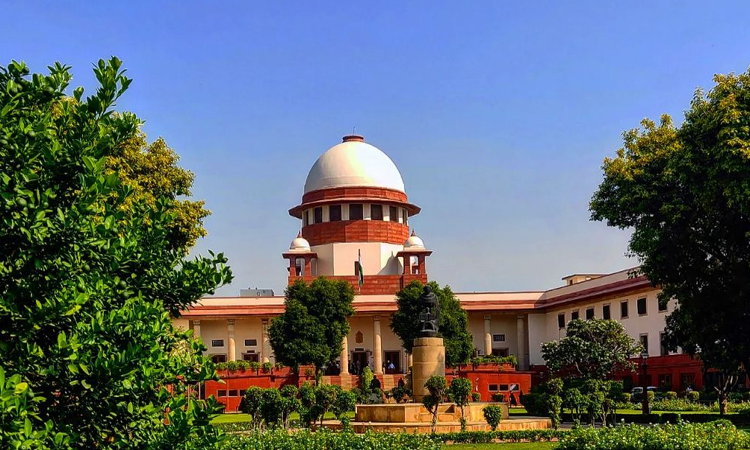Supreme Court bench comprising Chief Justice DY Chandrachud and Justice PS Narasimha on Friday denied BJP leader and Advocate Ashwini Upadhyay's prayer to make the 22nd Law Commission of India a statutory body on the ground that such a direction lied within the exclusive domain of the legislature. At the outset, CJI Chandrachud enquired Attorney General for India R Venkatramani about the...

